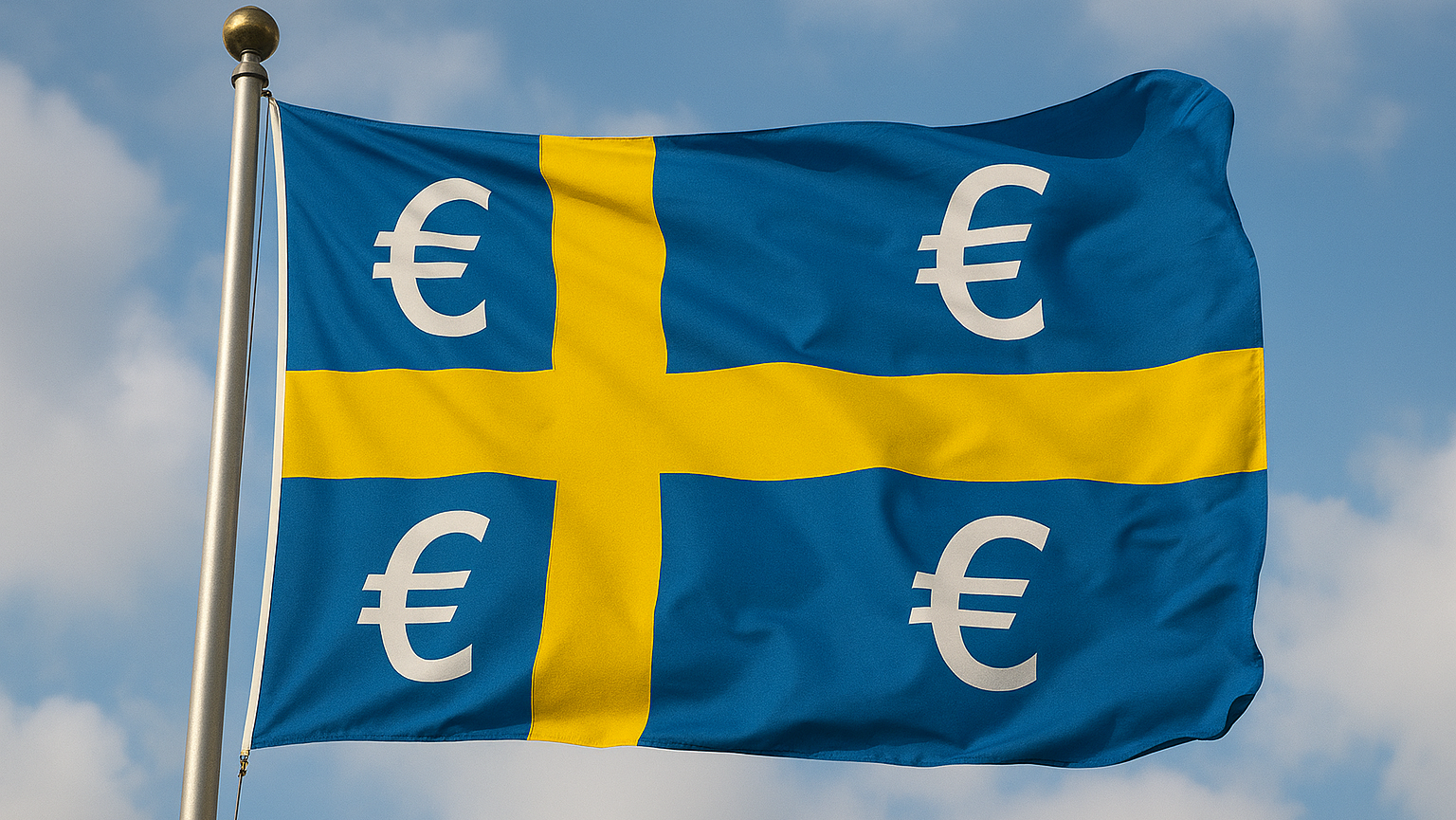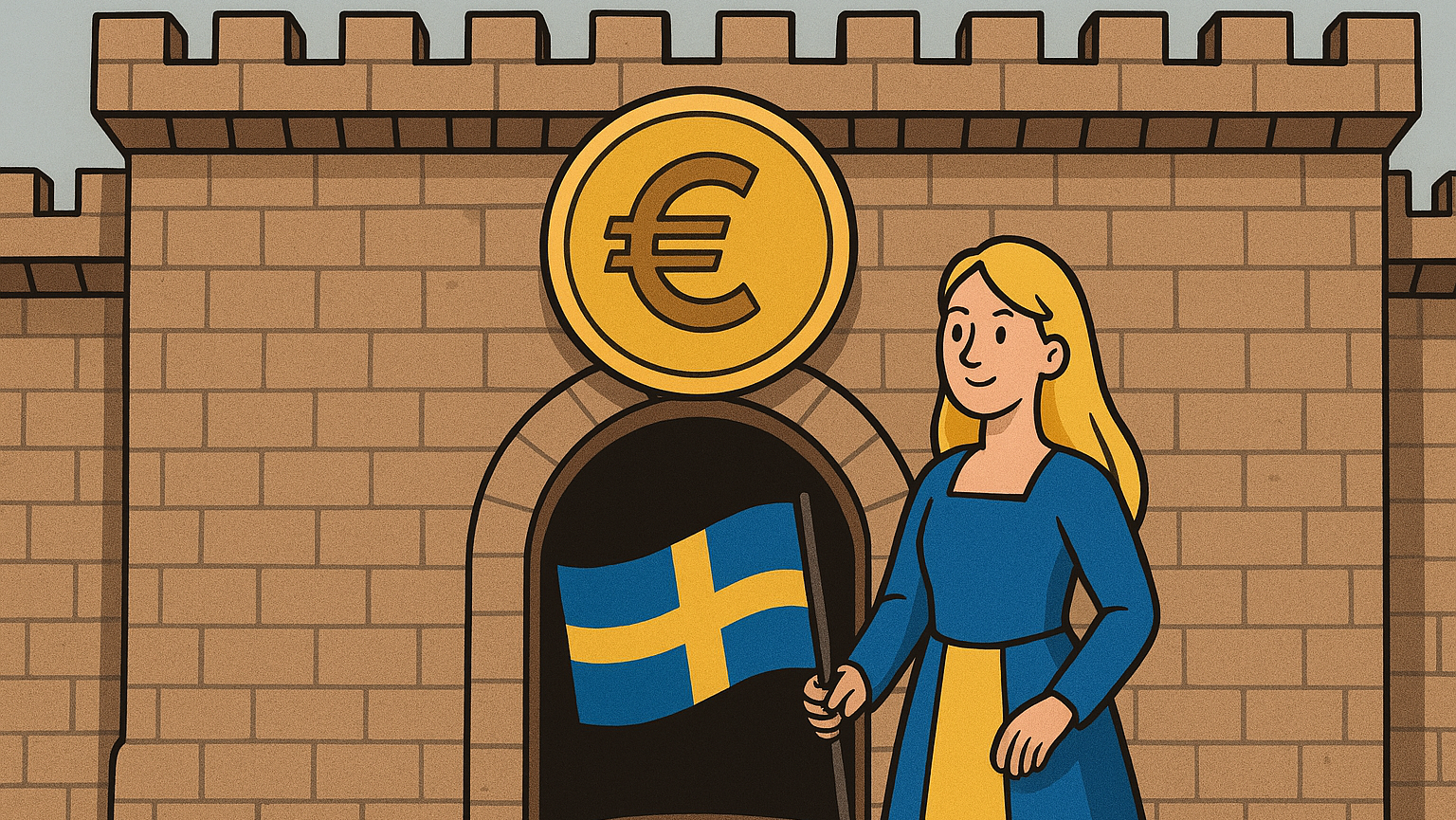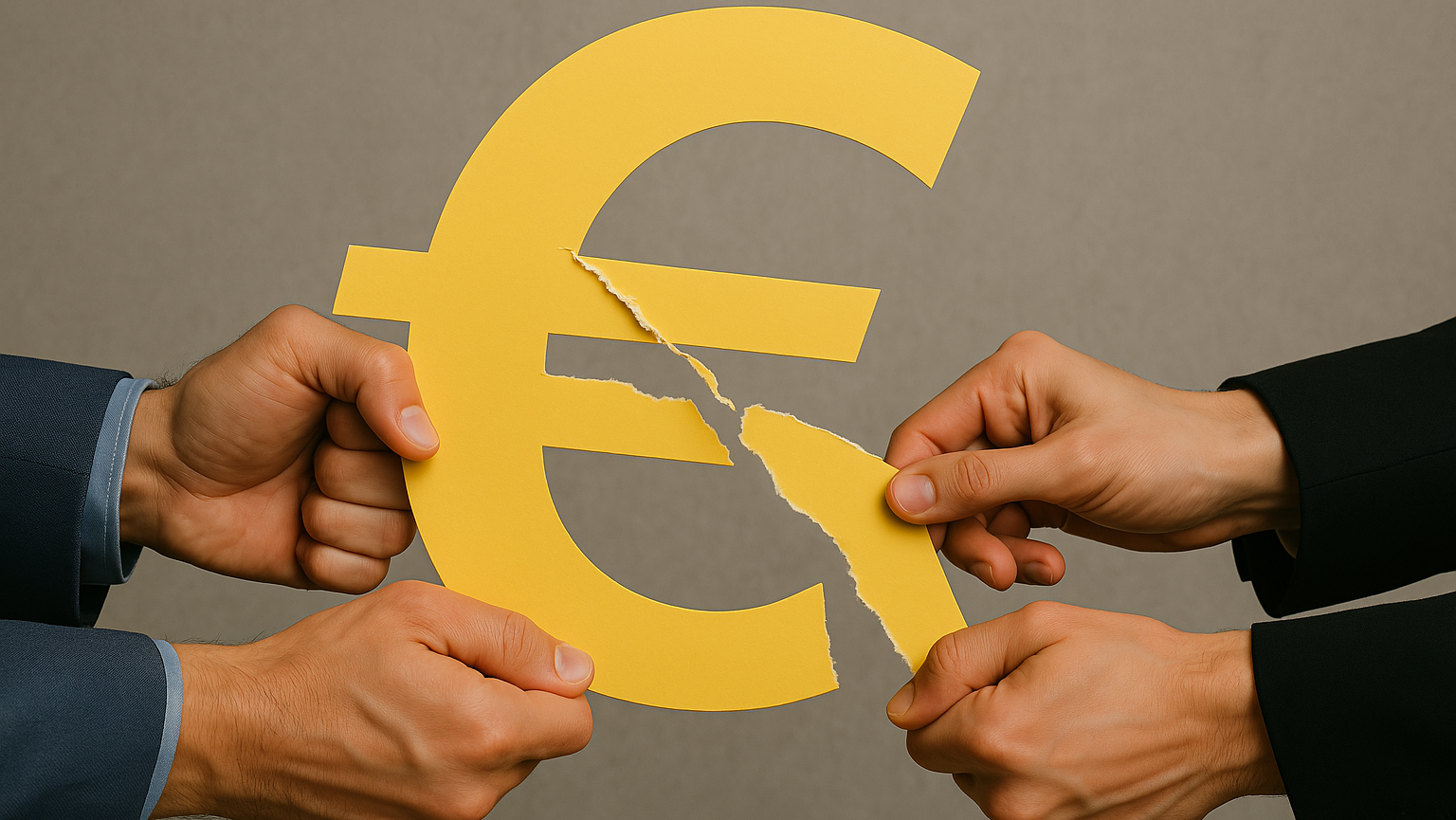
Sweden Is Being Prepared for the Euro Zone
The September election is shaping up to be a fight over what currency the Swedes should be using in the future.

The September election is shaping up to be a fight over what currency the Swedes should be using in the future.

The Balkan country is set to become the euro zone’s 21st member at midnight.

Prime Minister Ulf Kristersson’s party wants to explore a path for Swedish euro zone membership. It would be a bad idea for Sweden to give up its own currency.

In 2010-2014, the EU was the scene of a major fiscal crisis. Since then, nobody has treated the root cause, only the symptoms. Therefore, it is no surprise that history is about to repeat itself.

When the next major fiscal crisis hits, Europe’s credit-challenged governments will pull down the banks with them. A crisis bigger than the one 15 years ago can no longer be ruled out.

Eurostat says inflation looks calm—but beneath the surface, a worrying split is emerging. Polarized inflation poses a serious challenge for the ECB and an increasingly hands-on Brussels.

While the government hails euro accession as a historic milestone, critics point to poor public support and warn of price shocks for ordinary citizens.
Nearly half of Bulgarians oppose the move, fearing inflation and loss of economic sovereignty—but EU elites push ahead anyway.

Citizens’ needs won’t be a priority once national leaders are beholden to their fiscal overlords in Brussels and Frankfurt.
Eurostat’s flash estimate shows annual inflation in the euro area dropping to 2.2% in March 2025 from 2.3% in February.